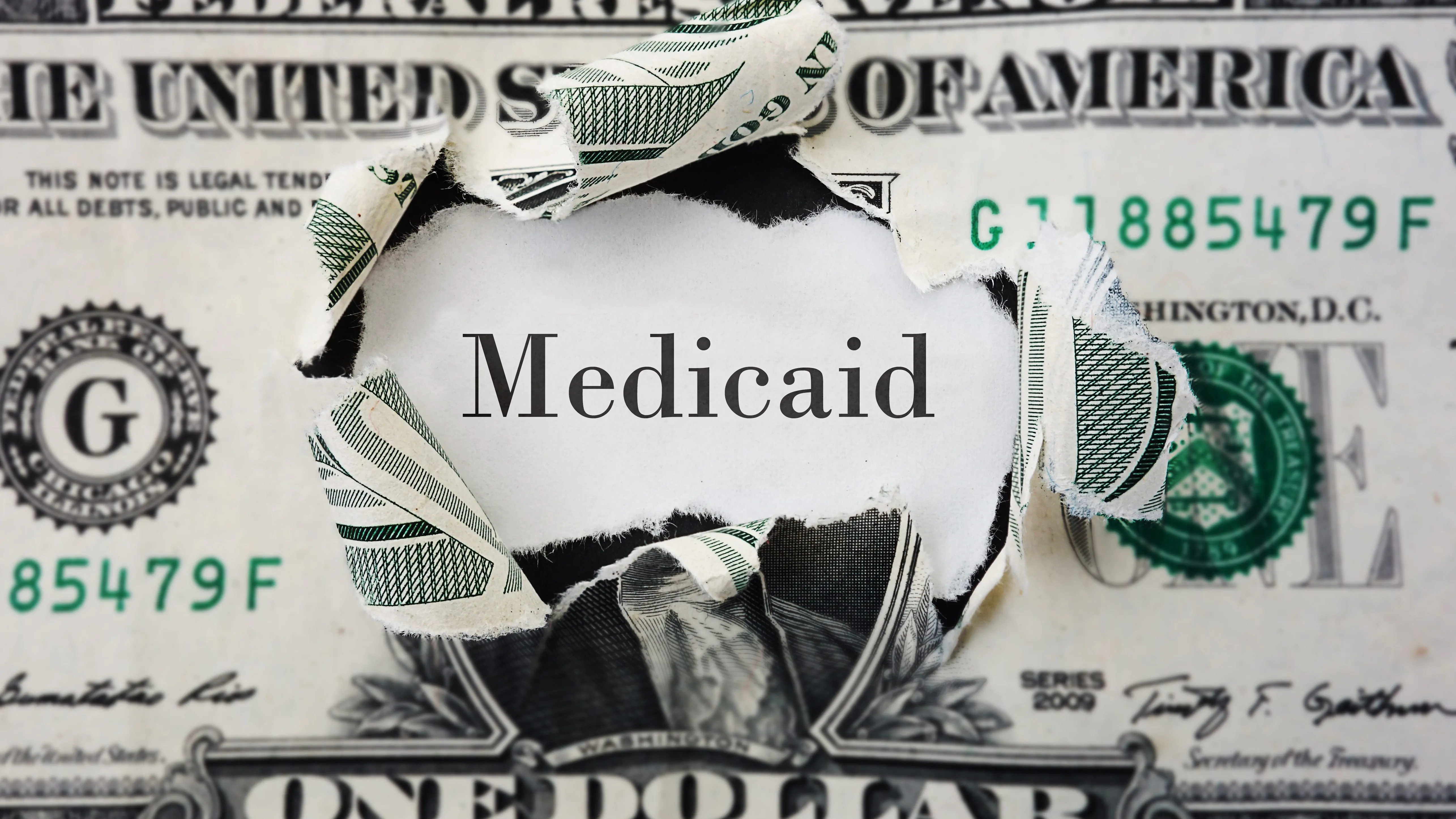A nationwide survey of people with the most common types of cancer found that long-term survival rates were lower in Alabama and other states that have not expanded access to Medicaid.
The study was released last week by the American Cancer Society, which lobbies for Medicaid expansion in Alabama. It examined outcomes for 1.5 million Americans diagnosed with any of the 17 most common forms of cancer and found that patients across cancer types and stages have lower survival rates in states with the lowest eligibility limits.
That’s largely due to people not getting screened for cancer and detecting it early, according to Emily Ogden, the organization’s regional government relations director in Alabama. She noted that breast cancer patients in states with the lowest eligibility limits, which include Alabama, have a 31 percent greater risk of dying than patients in states that have expanded Medicaid.
“We have long said that where you live shouldn’t determine if you live,” Ogden said.
Cancer is the second-leading cause of death in Alabama.
Gary Cornelius, 59, of Cullman, is a cancer survivor who volunteers as an ambassador for the organization’s Cancer Action Network. He was diagnosed with stage 4 Hodgkin’s lymphoma just before he turned 40. He credits his survival to his having had access to the best care available and said it boggles his mind that people facing what he faced can be doomed by something as arbitrary as state boundaries.
Republican leaders in Alabama have cited concerns about costs and general opposition to the Affordable Care Act passed under President Barack Obama in their resistance to expanding eligibility. Gov. Kay Ivey has indicated in recent months that she is open to reevaluating the situation in light of the relief bill’s financial incentives but said state lawmakers need more information about the long-term costs.
Cornelius said he has learned a lot about Medicaid in the last few years and believes that now is the time to expand access to it.
“Quite honestly, as a red-leaning Alabamian, I didn’t understand,” he said. “And it’s been very discouraging to me that we as a state do not take advantage of what we can gain in federal funding to basically pay for increasing access to care through Medicaid.”
He praised his state legislators, Sen. Garlan Gudger and Rep. Scott Stadthagen, for their help in securing an additional $250,000 for breast and cervical cancer screenings for the underserved and an additional $200,000 for colorectal screenings this legislative session.
“But the elephant in the room is that people are still not going and getting screenings when they have to make a choice between paying for a screening or paying the rent or utility bill,” Cornelius said.
Ogden estimated that more than 220,000 Alabamians could get access to care with federal funds through the American Rescue Plan. Prior studies have estimated that about 300,000 are uninsured because they make too much to qualify and too little to afford a private plan. The income eligibility cut-off for parents or guardians of Medicaid-eligible children is $4,400 per year.
Nearly 31,000 residents are expected to be diagnosed with cancer in 2021 without adjusting for any effect the pandemic has had on preventive screenings.
Ogden added that hospitals in expansion states experience improved financial stability, which she said is especially important for rural hospitals.













































